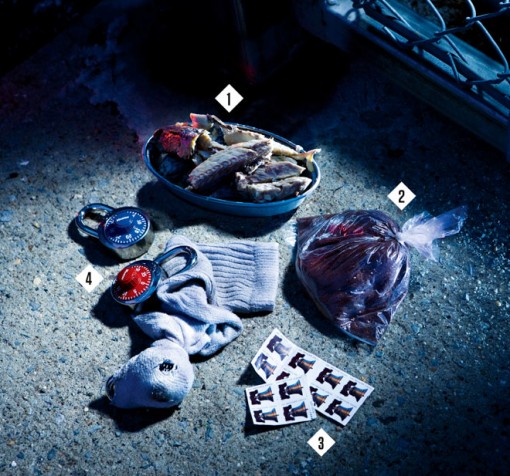The Underground Prison Economy: The Currency of Bartering
Wired Magazine has a fascinating article by Ben Paynter about the underground prison economy.
Nothing makes you more powerful inside the joint than a strong grounding in currency arbitrage. Inmates in federal penitentiaries aren’t allowed to have actual money; family members can load up prison commissary accounts, which usually max out at about $300 a month, but the money’s not transferable and can be redeemed only at the commissary. And cigarettes, the former gold standard for securing everything from a bodyguard to starched laundry, have all but disappeared since tobacco was banned at federal pens in 2004. So inmates have to rely on other forms of currency. All of which means the prison economy runs much like a commodities market: Money in a commissary account can’t be traded, but goods sold at the commissary can be. And since the amounts in circulation are tightly regulated, their value can far surpass their price in dollars. So if you’re sent away to, say, the US Penitentiary in Lewisburg, Pennsylvania, for “mistakes” you made in the run-up to the Great Recession, here’s how to get the best return on your next investment.
1. Mackerel
Cost $1.40 per 3.5-ounce pouch
Limit 14 per week
Use Tipping for laundry service, cell cleanup, or a haircut.
Value If you don’t open the pouch, it never spoils … which means the fish retains its close-to-a-dollar value.2. Instant Coffee
Cost $3.35 per 4-ounce bag
Limit 3 per week
Use Getting buzzed cheaply.
Value Prisons just say no to drugs, so caffeine is the licit stimulant of choice.
Read the full article here.

